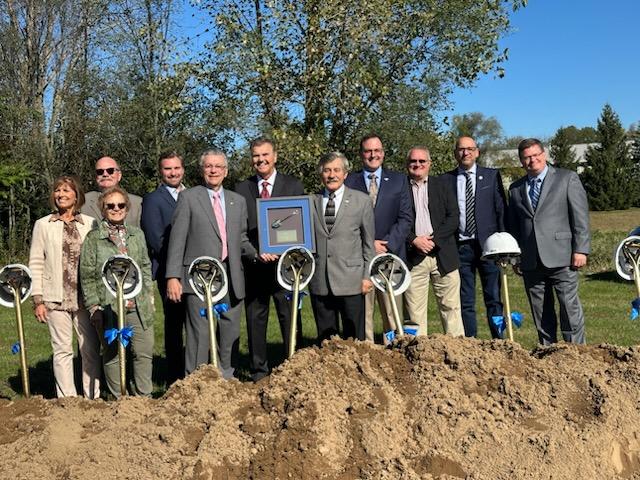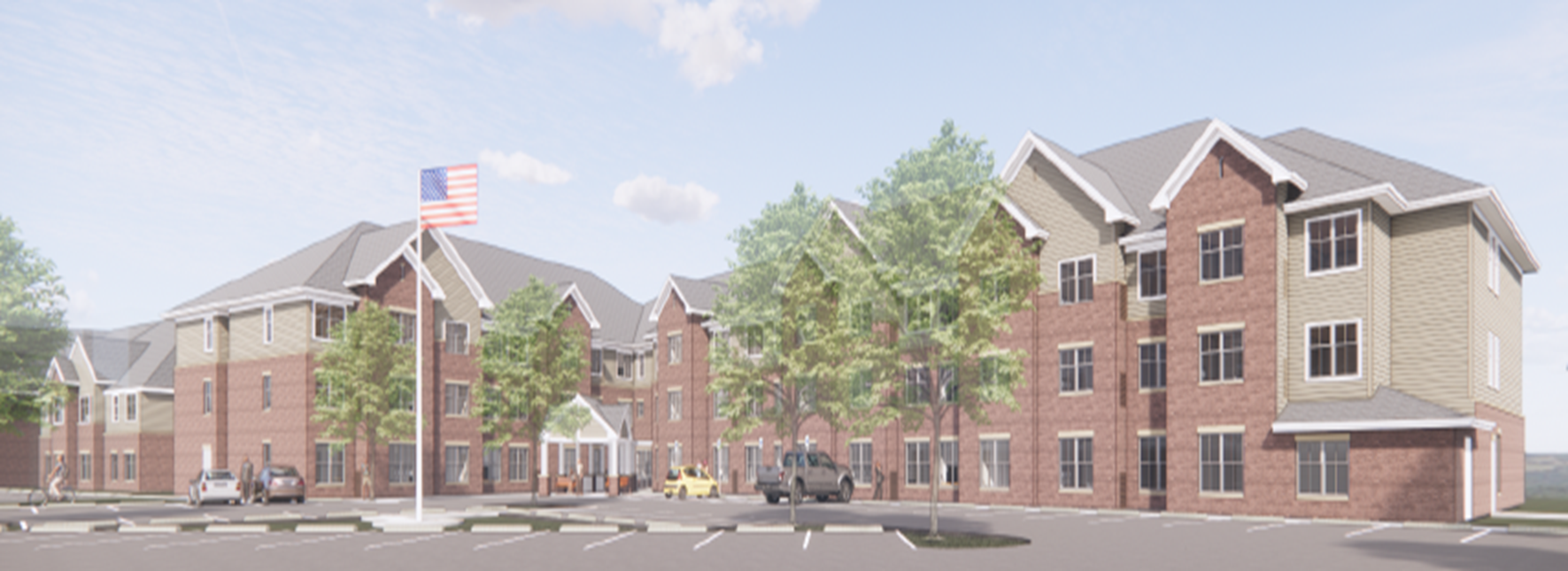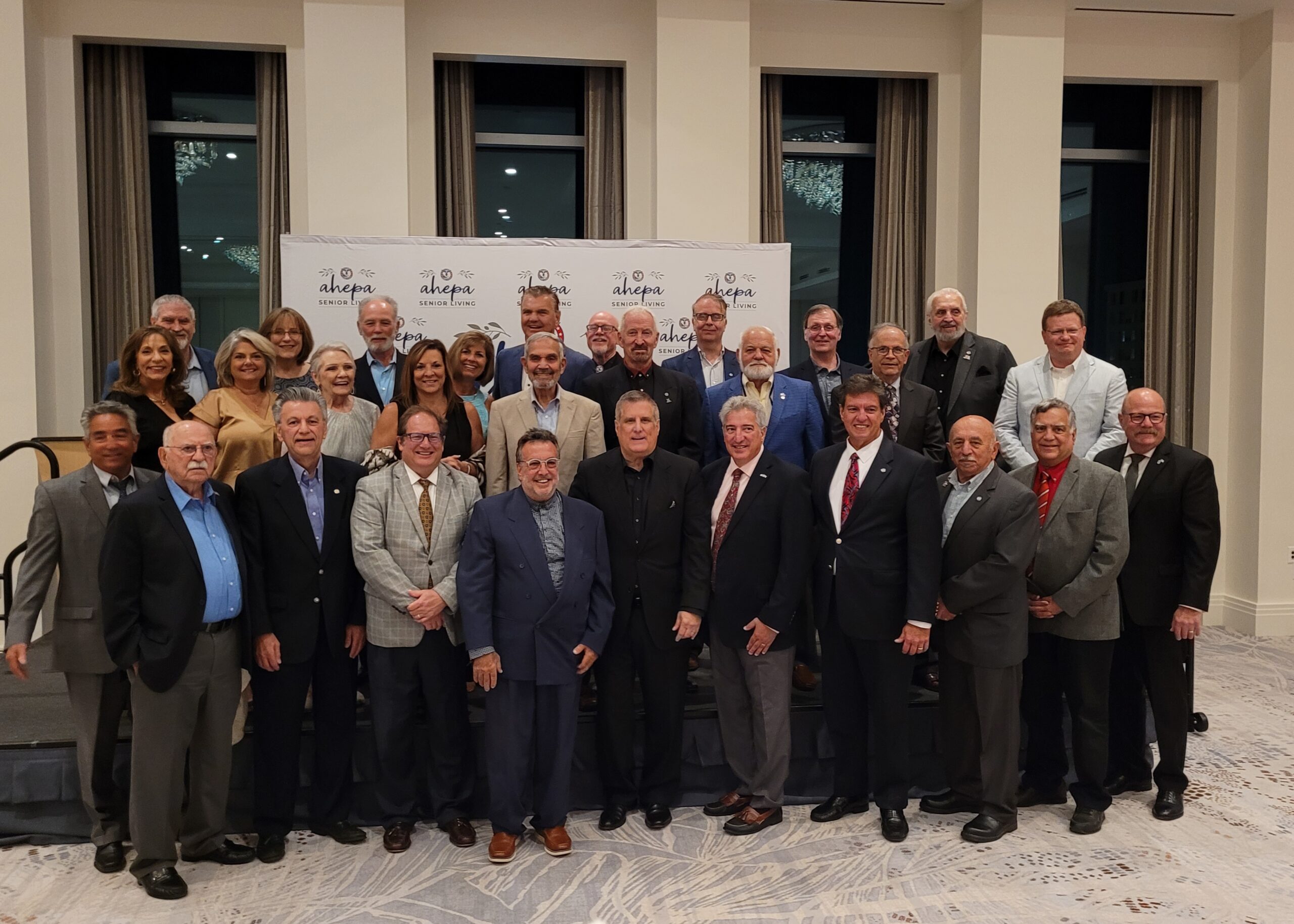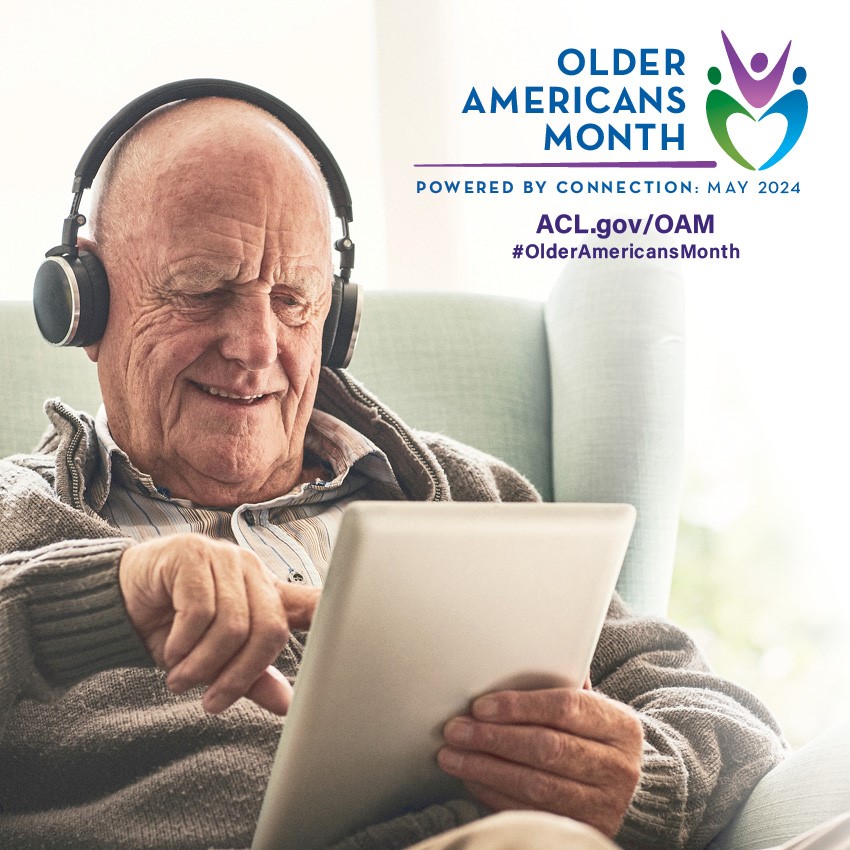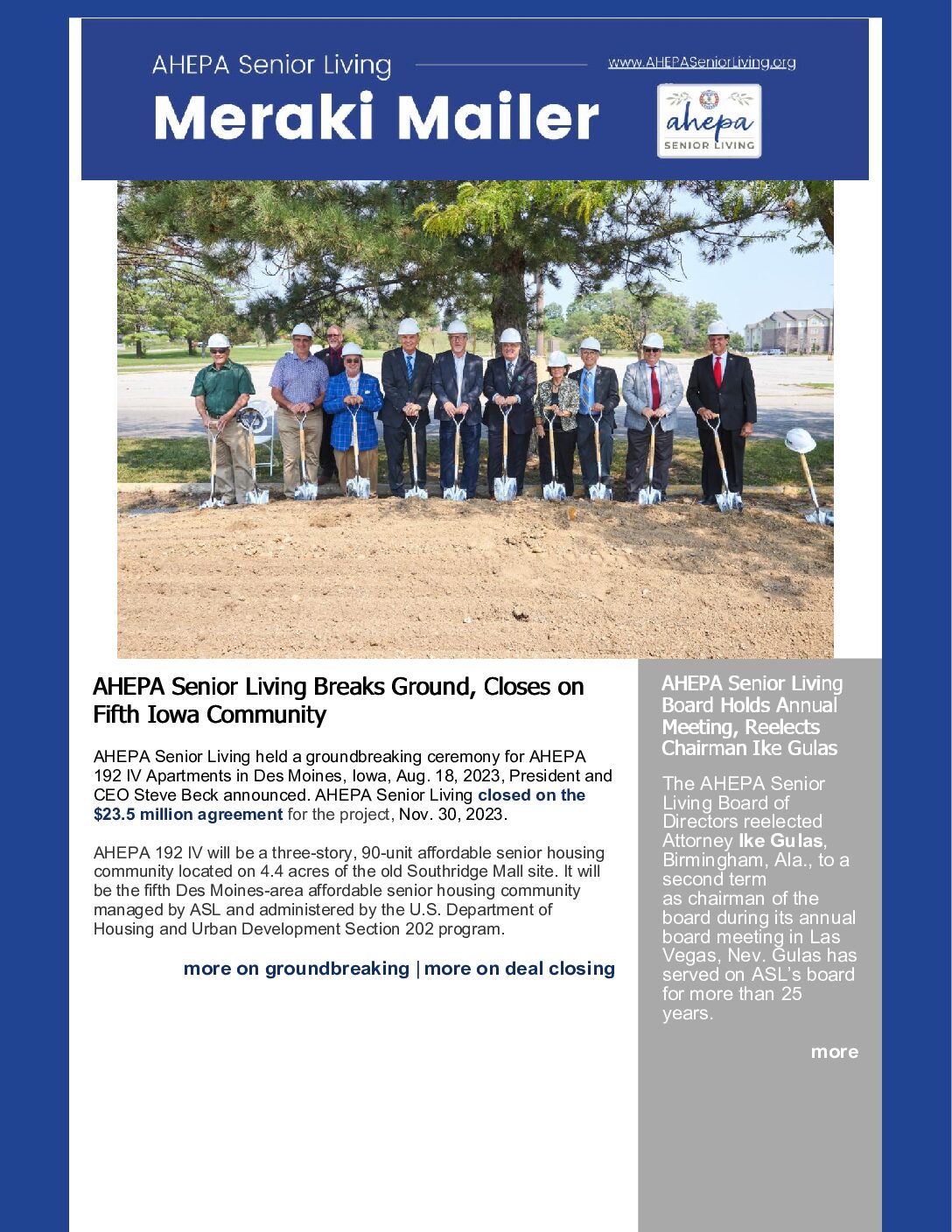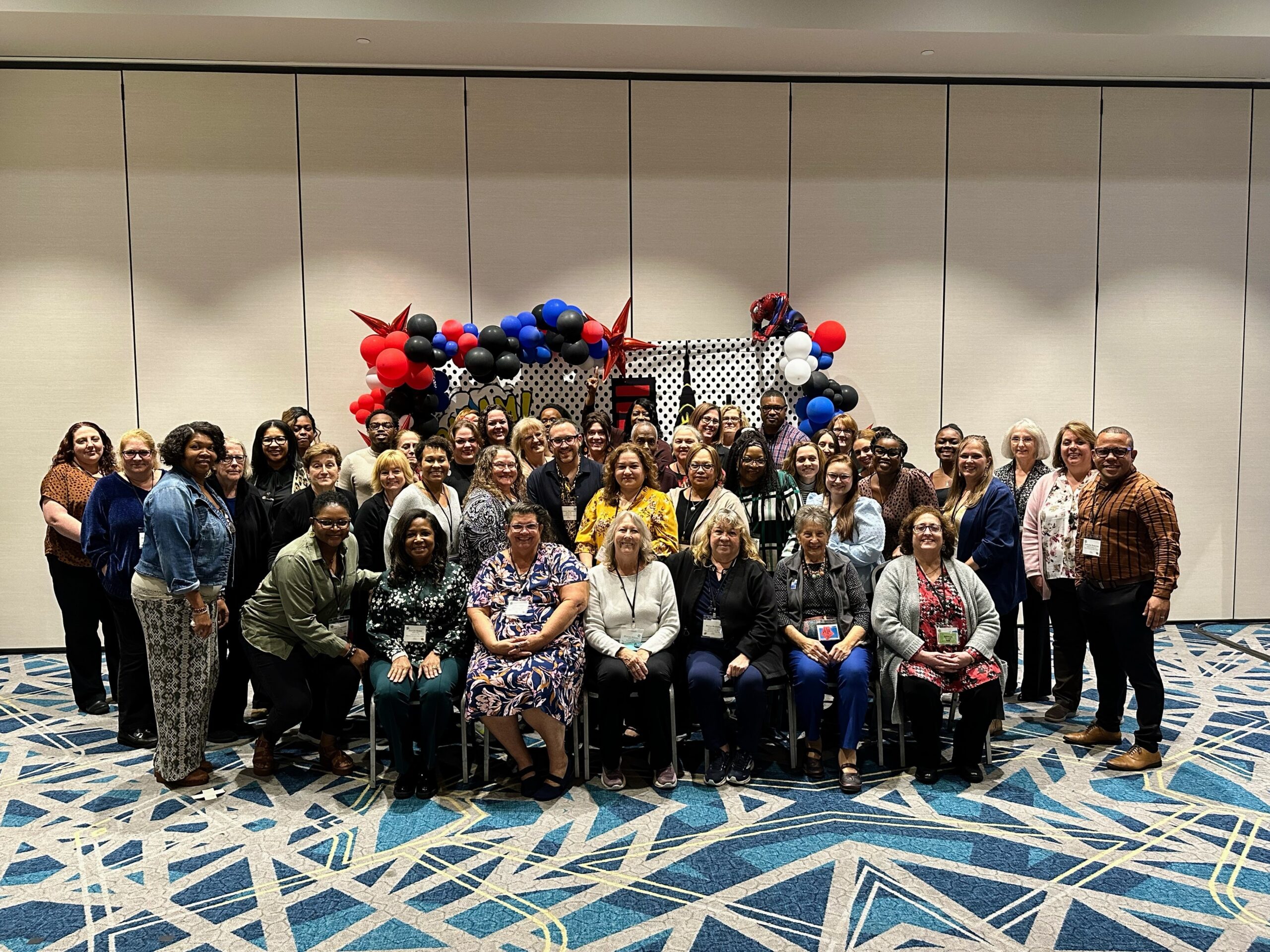
August 1, 2024 - Blog
Read more
Our Culture of Caring: At the Forefront of Older Adults’ Mental Health Challenges
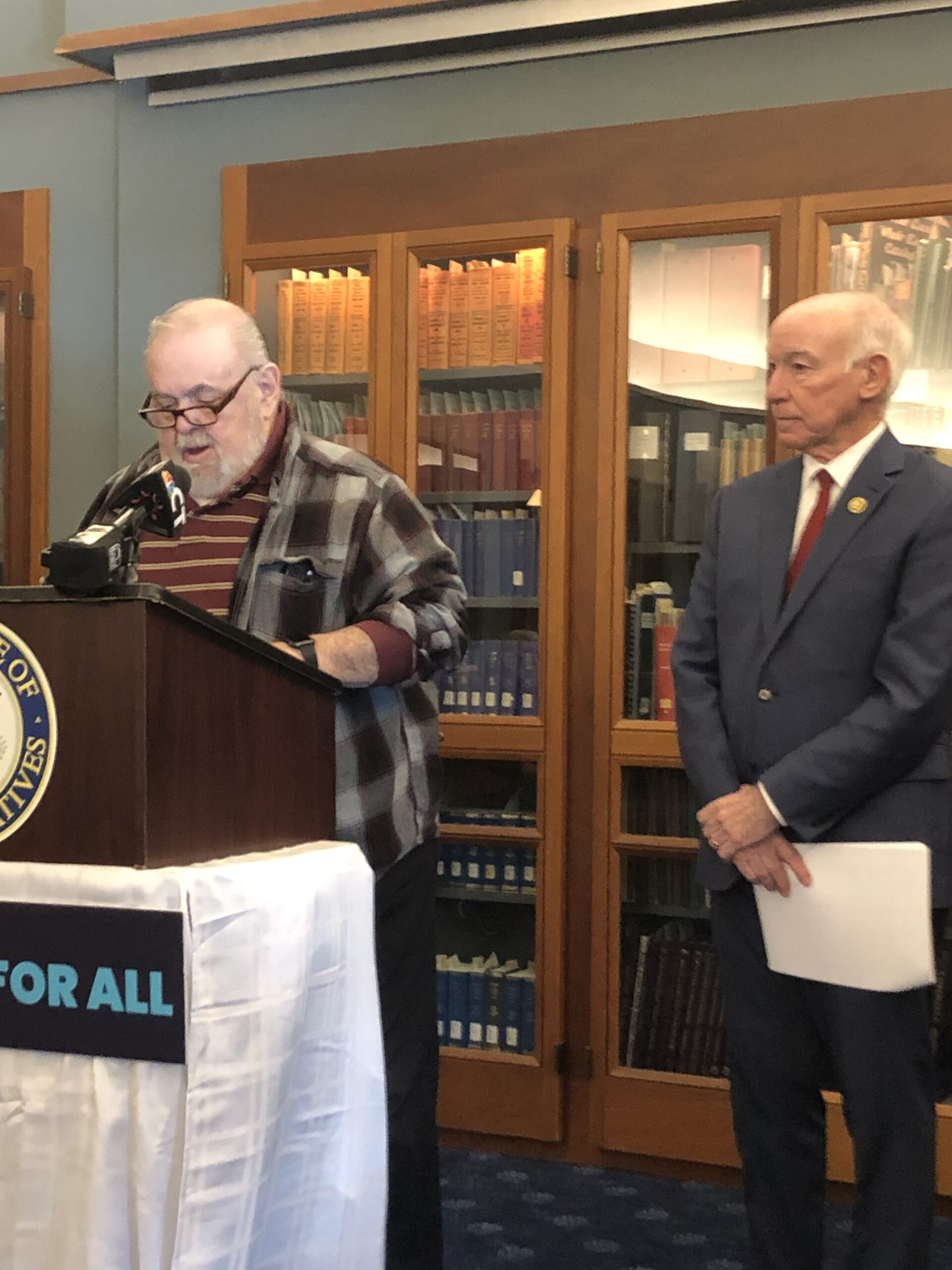
March 8, 2024 - Blog
Read more
AHEPA Senior Living Residents Advocate for the Affordable Connectivity Program
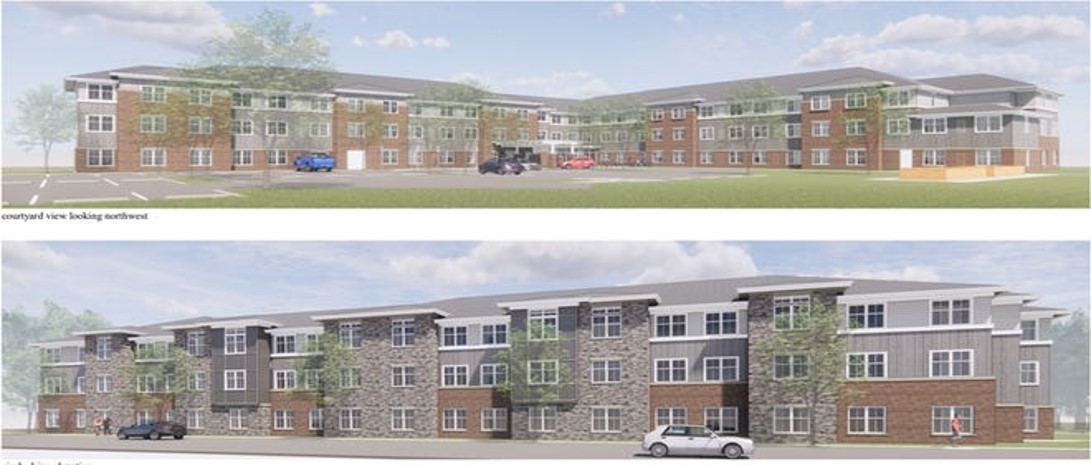
November 30, 2023 - News
Read more
AHEPA Senior Living Closes on $23.5 Million Deal to Build Fifth Iowa Community
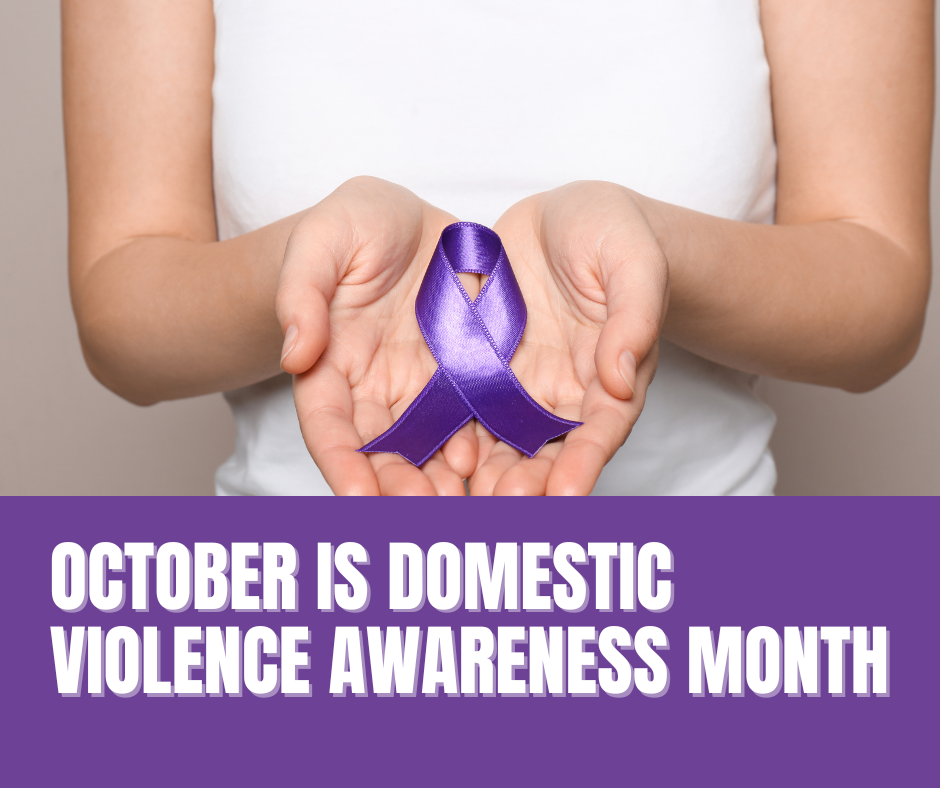
October 31, 2023 - Blog
Read more

